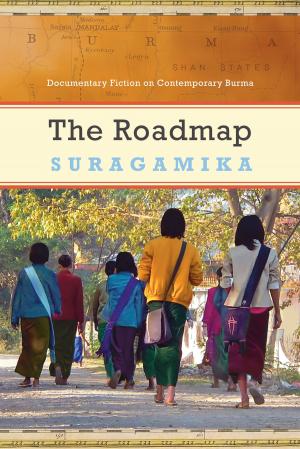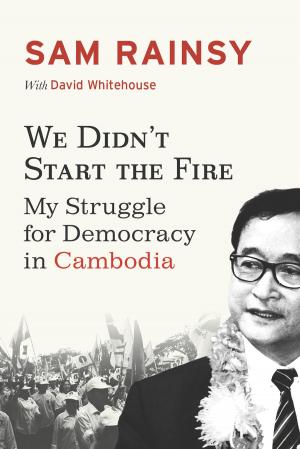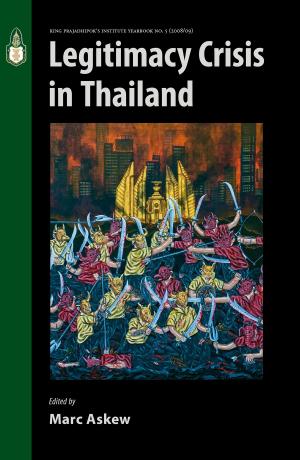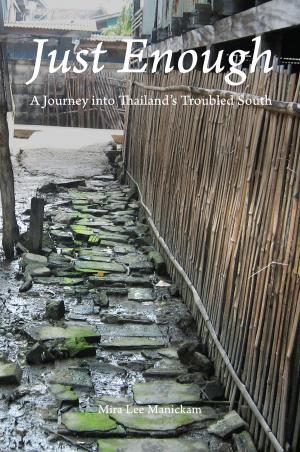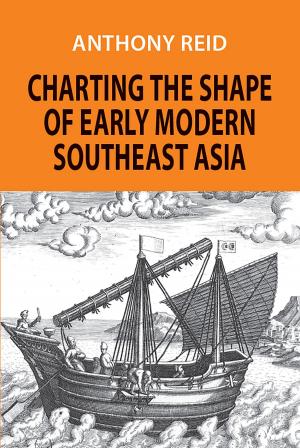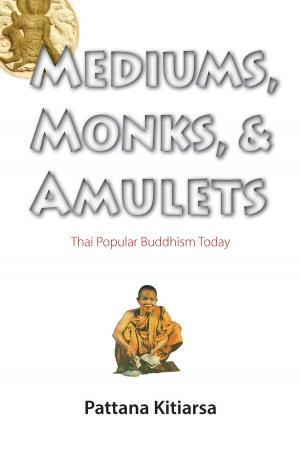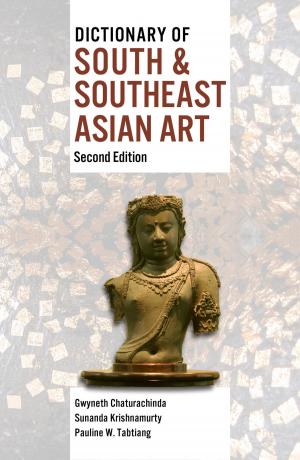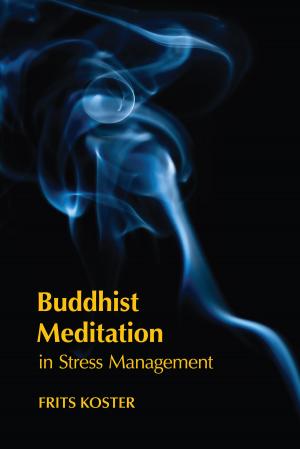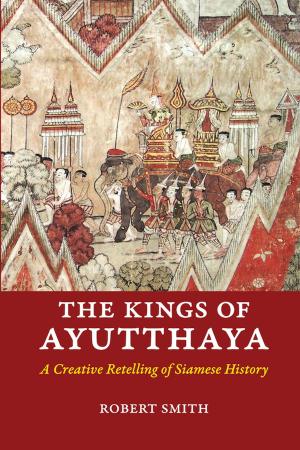Finding Their Voice
Northeastern Villagers and the Thai State
Nonfiction, Social & Cultural Studies, Social Science, Sociology, Rural, Anthropology| Author: | Charles Keyes | ISBN: | 9781631023323 |
| Publisher: | Silkworm Books | Publication: | July 8, 2014 |
| Imprint: | Language: | English |
| Author: | Charles Keyes |
| ISBN: | 9781631023323 |
| Publisher: | Silkworm Books |
| Publication: | July 8, 2014 |
| Imprint: | |
| Language: | English |
The rural, Lao-speaking people of northeastern Thailand constitute over a third of the entire population of Thailand. Over the last century, this ethnically separate community has evolved from a traditional peasantry into “cosmopolitan” villagers who are actively shaping Thai politics. Eminent anthropologist Charles Keyes traces this evolution in detail, beginning with the failure of a Buddhist millenarian uprising in 1901–2 and concluding with the successful election of the Thai Rak Thai/Pheu Thai Party in the 2000s. In the intervening century, rural northeasterners have become more educated and prosperous, and they have gained a sophisticated understanding of the world and of their position in it as Thai citizens.
Although northeasterners have often been thwarted in their efforts to press government agencies to redress their grievances, they have rejected radical revolutionary efforts to transform the Thai political system. Instead, they have looked to parliamentary democracy as the system in which they can make their voices heard. As the country engages with the processes of democracy, the Pheu Thai Party and the Red Shirt movement appear to have established the people of northeastern Thailand as an authentic voice in the nation’s political landscape.
About the Author
Charles Keyes, professor emeritus of anthropology and international studies at the University of Washington, has been engaged in research in Thailand for over fifty years. He has authored, edited, or co-edited fifteen books, monographs, or special issues of journals and published over eighty articles.
Highlights
• Traces the evolution of a marginalized peasantry into a significant political force in Thai society
• Examines the disjunction between the urban middle-class negative perspectives on the northeastern Thai rural population and real characteristics of that population
• Highlights the different views of political authority and legitimacy in Thailand that have contributed to the twenty-first century crisis in the Thai political order
What Others Are Saying
“Finding Their Voice by anthropologist Charles Keyes is a culmination of decades of careful ethnography consistently combined with an astute political analysis and sense of history. Reminiscent of Eugen Weber’s classic, “Peasants into Frenchmen,” Keyes’s book shows that the people of Isan have become the makers and undoers of governments and are more firmly wedded to the modern notion of parliamentary democracy than are the refined urban elites. This book has as much to say about the polarized politics of Thailand as it does about the rich culture and history of Isan.”
—Philip Hirsch, University of Sydney
The rural, Lao-speaking people of northeastern Thailand constitute over a third of the entire population of Thailand. Over the last century, this ethnically separate community has evolved from a traditional peasantry into “cosmopolitan” villagers who are actively shaping Thai politics. Eminent anthropologist Charles Keyes traces this evolution in detail, beginning with the failure of a Buddhist millenarian uprising in 1901–2 and concluding with the successful election of the Thai Rak Thai/Pheu Thai Party in the 2000s. In the intervening century, rural northeasterners have become more educated and prosperous, and they have gained a sophisticated understanding of the world and of their position in it as Thai citizens.
Although northeasterners have often been thwarted in their efforts to press government agencies to redress their grievances, they have rejected radical revolutionary efforts to transform the Thai political system. Instead, they have looked to parliamentary democracy as the system in which they can make their voices heard. As the country engages with the processes of democracy, the Pheu Thai Party and the Red Shirt movement appear to have established the people of northeastern Thailand as an authentic voice in the nation’s political landscape.
About the Author
Charles Keyes, professor emeritus of anthropology and international studies at the University of Washington, has been engaged in research in Thailand for over fifty years. He has authored, edited, or co-edited fifteen books, monographs, or special issues of journals and published over eighty articles.
Highlights
• Traces the evolution of a marginalized peasantry into a significant political force in Thai society
• Examines the disjunction between the urban middle-class negative perspectives on the northeastern Thai rural population and real characteristics of that population
• Highlights the different views of political authority and legitimacy in Thailand that have contributed to the twenty-first century crisis in the Thai political order
What Others Are Saying
“Finding Their Voice by anthropologist Charles Keyes is a culmination of decades of careful ethnography consistently combined with an astute political analysis and sense of history. Reminiscent of Eugen Weber’s classic, “Peasants into Frenchmen,” Keyes’s book shows that the people of Isan have become the makers and undoers of governments and are more firmly wedded to the modern notion of parliamentary democracy than are the refined urban elites. This book has as much to say about the polarized politics of Thailand as it does about the rich culture and history of Isan.”
—Philip Hirsch, University of Sydney

